Environment Experts, Policymakers and Investors devise strategies for Growing Africa’s Wildlife Economy
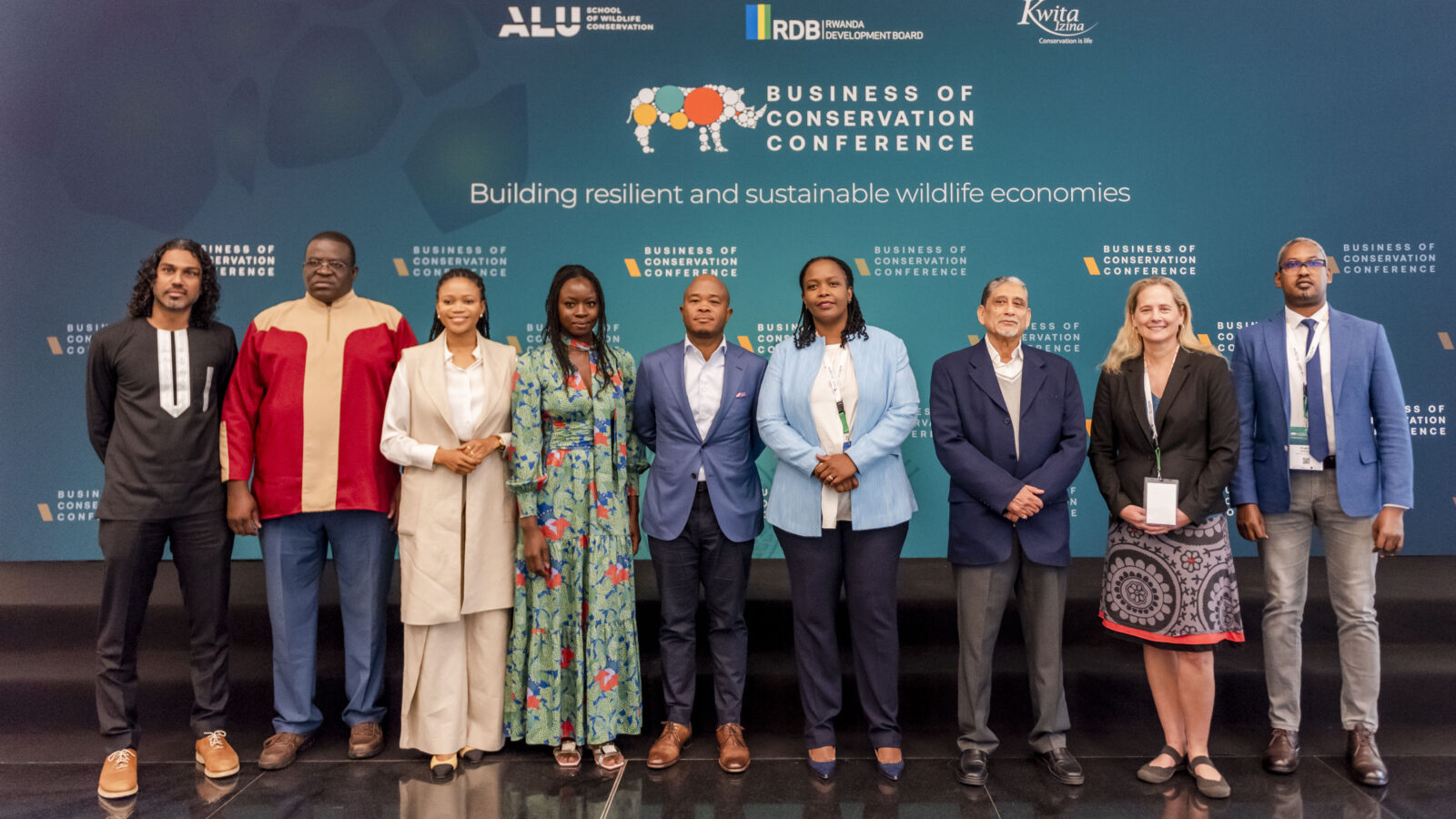
Hundreds gathered at the Business of Conservation Conference in Kigali, Rwanda, to explore new sustainable solutions for driving economic growth in Africa through wildlife conservation.
The conference was organised by African Leadership University (ALU), in partnership with Rwanda Development Board (RDB).
The agenda featured a diverse lineup of speakers including Nelly Mukazayire, Deputy CEO of the RDB; Alice Ruhweza, Senior Director, Policy Influence and Engagement at WWF International; and Peter Fearnhead, CEO of African Parks Network.
Over two days, participants explored the role of politics in conservation, the tensions between the Tourism and Conservation sectors, and empowering local communities and grassroots organisations.
African Leadership University previewed its Wildlife Economy Investment Index, ahead of its full official launch later this year.
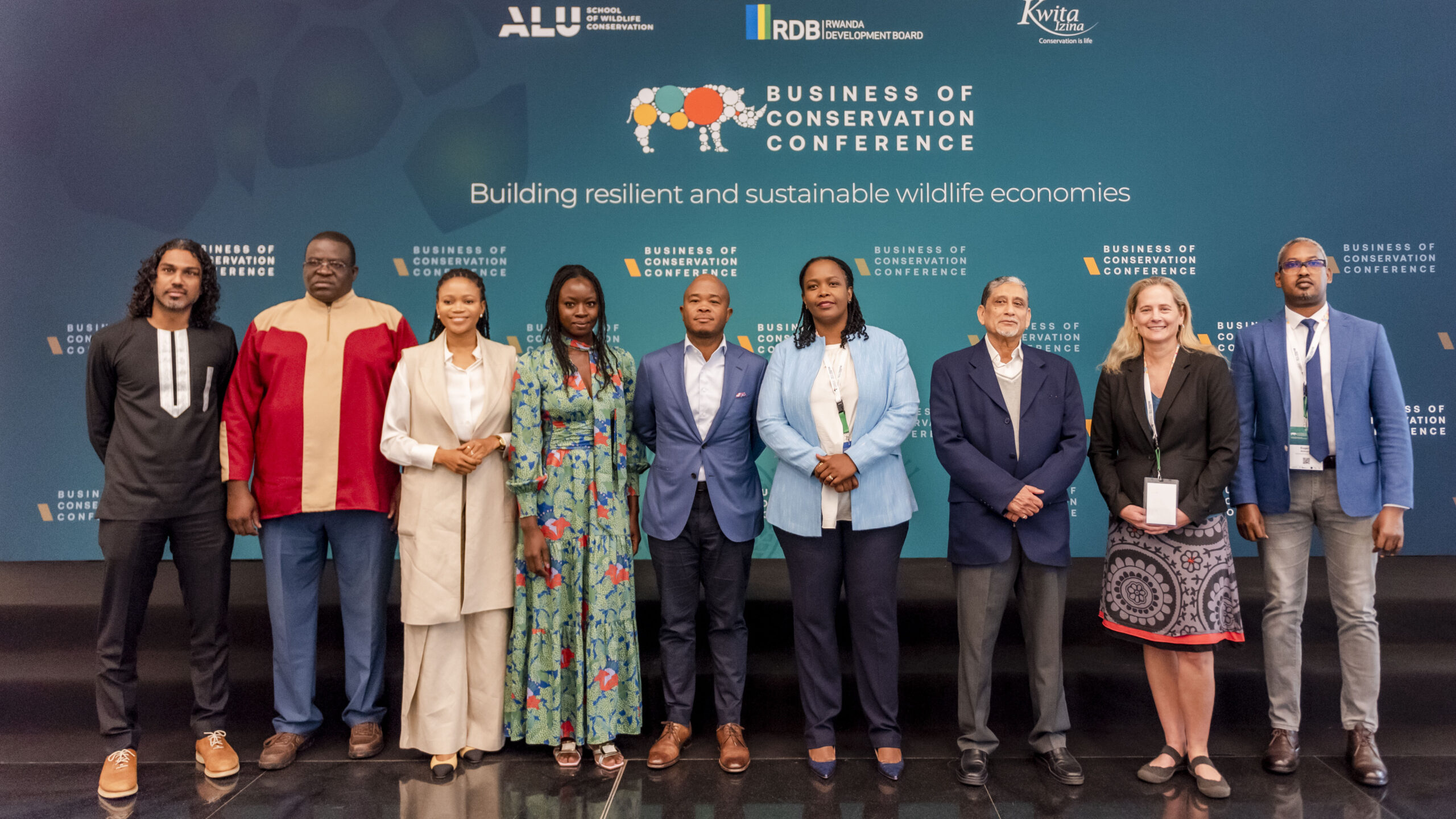
The African Leadership University (ALU), in partnership with the Rwanda Development Board (RDB), hosted its Business of Conservation Conference (BCC) from 29th-31st August at the Kigali Convention Center in Rwanda. This international event was an opportunity for hundreds of stakeholders from Africa and across the globe to find practical and sustainable ways of unlocking the potential of Africa’s wildlife economy.
Among other major outcomes of the BCC were calls for stakeholders in government, the private sector, and NGOs to forge new and better partnerships with grassroots organisations and indigenous communities living in and around designated protected areas.
Celebrities were also among the participants lending their voice to the event. Danai Gurira, a Zimbabwean-American actor known for her starring role in the Black Panther film franchise, and also a UN Women Goodwill Ambassador, shared her lifelong passion for conservation. Edward Norton, Hollywood actor, UN Goodwill Ambassador for Biodiversity, and President of the Board of the Maasai Wilderness Conservation Trust, joined African Leadership Group founder Fred Swaniker in a virtual fireside chat to discuss what changes the ecotourism industry can make to ensure indigenous communities benefit in a more equitable way.
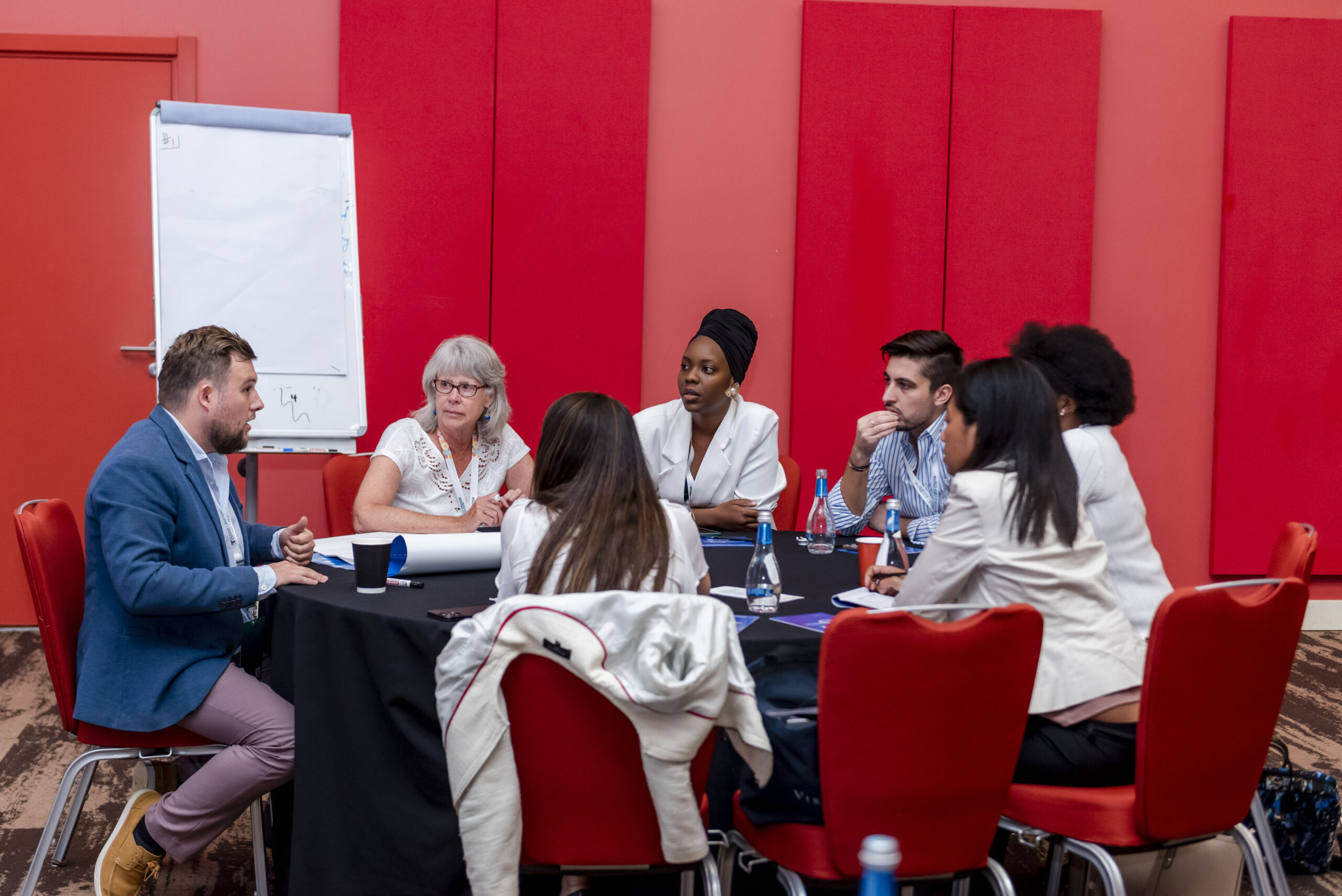
Discussions covered myriad issues including the impact of politics on conservation efforts, the development of sustainable financing mechanisms, empowering grassroots biodiversity initiatives, involving local communities in the voluntary carbon markets, and resolving the tensions between increasing tourism and the need to conserve the natural and cultural resources on which the sector, and Africa, depends.
“Evidently, maintaining the status quo, and only relying on safeguarding conservation areas, is no longer a viable strategy. At this year’s conference, we have seen a range of powerful voices – from government officials and world-renowned conservationists, to NGO directors, local business leaders, and celebrated actors – come together to share ideas and best practices on how we can promote Africa’s economy all while empowering its people and conserving its resources. The BCC plays an important role in facilitating local and global partnerships, and in demonstrating that investment in the proper stewardship of Africa’s natural landscape can lead to transformative economic growth.” Said Richard Vigne, Executive Director at the African Leadership University’s School of Wildlife Conservation.
Africa is home to nearly one-fifth of the world’s forests, and holds the most diverse megafauna of any continent. However, more than 6000 animal species and 3000 plant species in Africa are on the verge of extinction. More than half of Africa’s population depend upon the natural environment for their livelihoods. Part of that attaches to wildlife tourism, which is a central part of Africa’s thriving tourist sector – accounting for 80% of visits to sub-Saharan Africa and estimated to generate $29 billion annually.
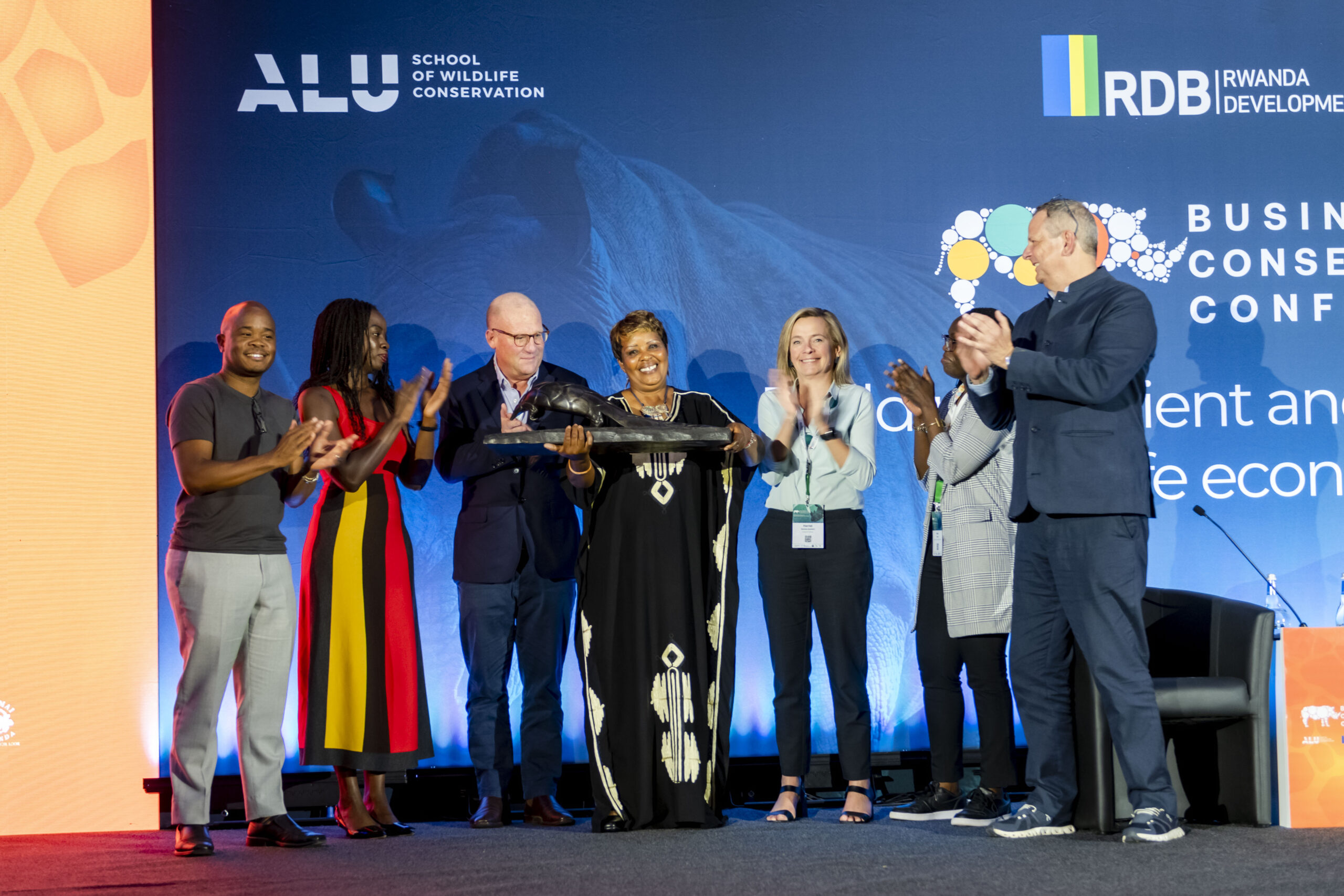
Highlights of the conference included a fireside chat between influential environmental experts Alice Ruhweza, Senior Director for Policy Influence and Engagement at WWF International, Dr Arthur Tuda, Executive Director at Western Indian Ocean Marine Science Association, and Eugene Mutangana, Head of the Department of Conservation at the RDB, on why greater involvement of policymakers in conservation is needed to strengthen natural resource management.
Candice Stevens, Chair of the Sustainable Finance Coalition, spoke on how wildlife represents an economic asset in her session titled, ‘What if we valued nature like we value money?’. Peter Fearnhead, CEO of African Parks Network, and Belise Kariza, Rwanda Director for the African Wildlife Foundation, also discussed the importance of nurturing the next generation of African conservation leaders.
Key findings from the Wildlife Economy Investment Index for Africa, a groundbreaking study compiled by the ALU’s School of Wildlife Conservation, were also previewed at the BCC. The Index assesses five categories of indicators related to the wildlife status and investment enabling environment in each African country, to show how they can unlock the potential of their wildlife economy. It ranks each country on ease of doing business, public sector capacity, investment safety, as well as wildlife assets and wildlife management mechanisms.
“It was brilliant to see so many African leaders and changemakers coming together at this year’s conference, to draw from one another’s experience, innovation, and passion. As well as offering advice on sustainable investment opportunities, and learnings from successful biodiversity projects, the BCC is an arena for stakeholders to voice their concerns on moving forward. A key outcome from this event has been the detailed exchanges around the critical role of communities and how the ecotourism and BioTrade sectors can help address human-wildlife conflict and support conservation.” Said Sue Snyman, Director of Research at the African Leadership University’s School of Wildlife Conservation.
The ALU School of Wildlife Conservation is the first of its kind on the continent, dedicated to growing the next generation of world class conservation leaders in Africa through the “business of conservation”.
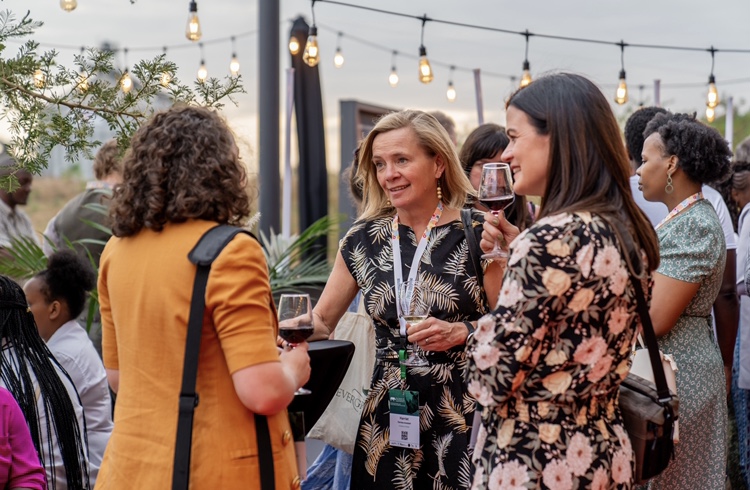
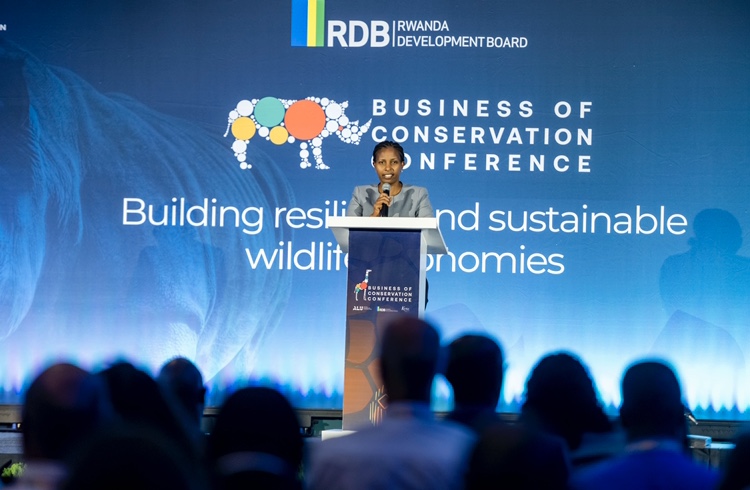
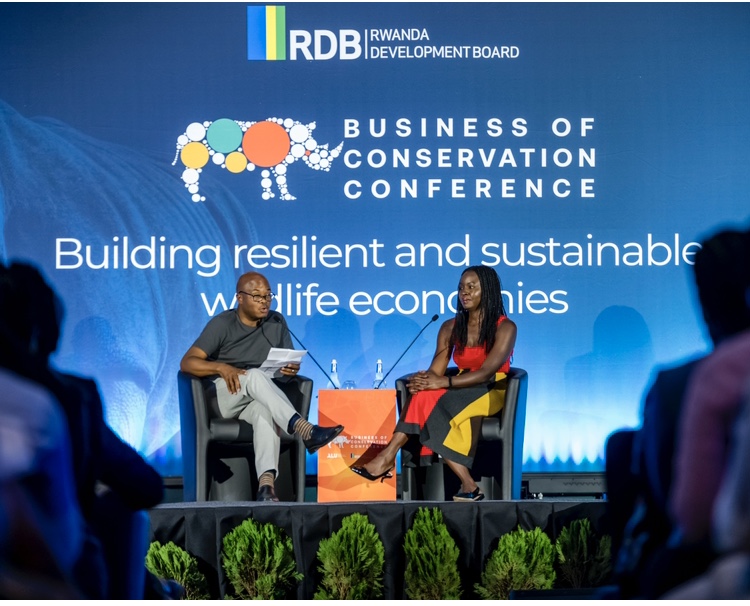
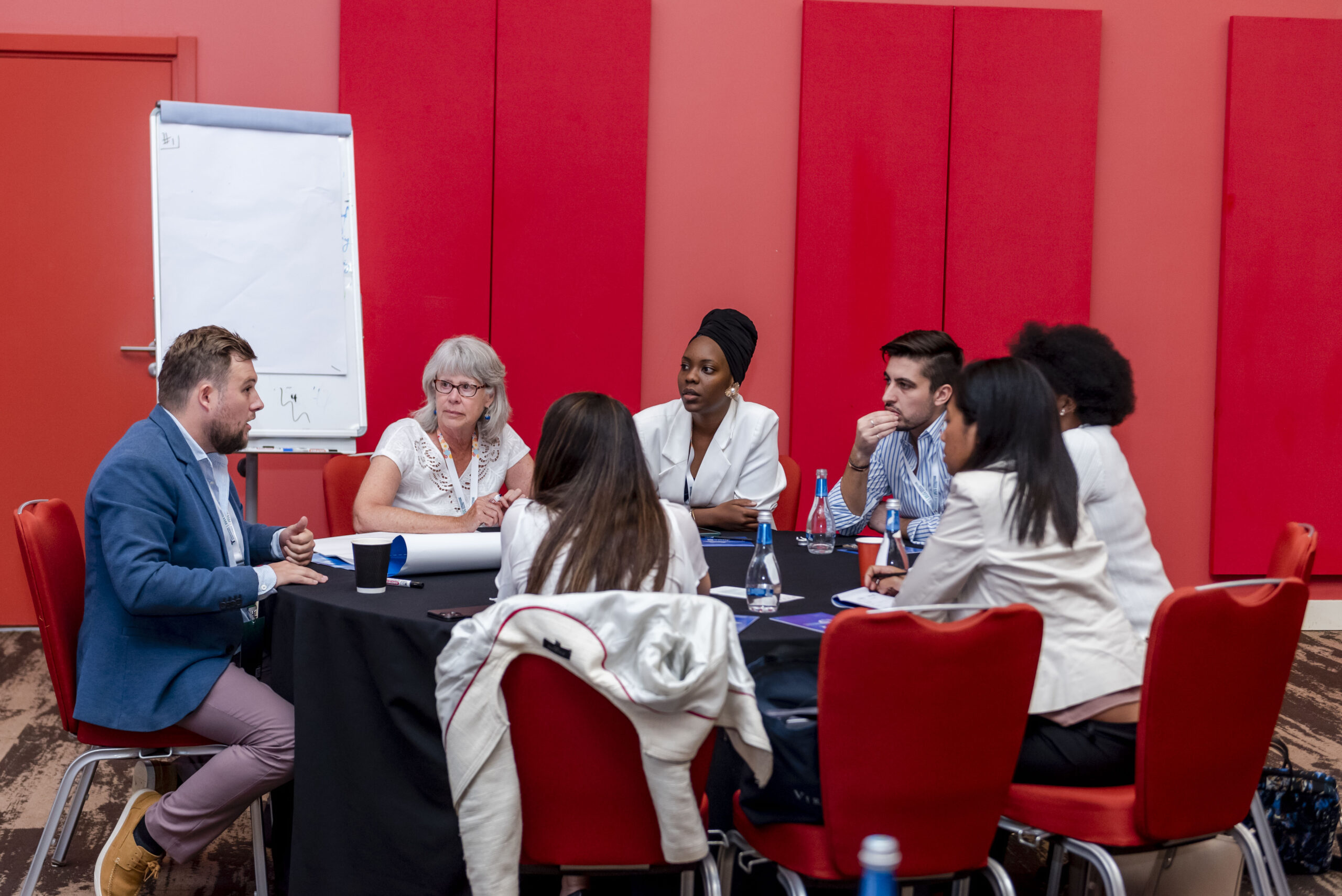
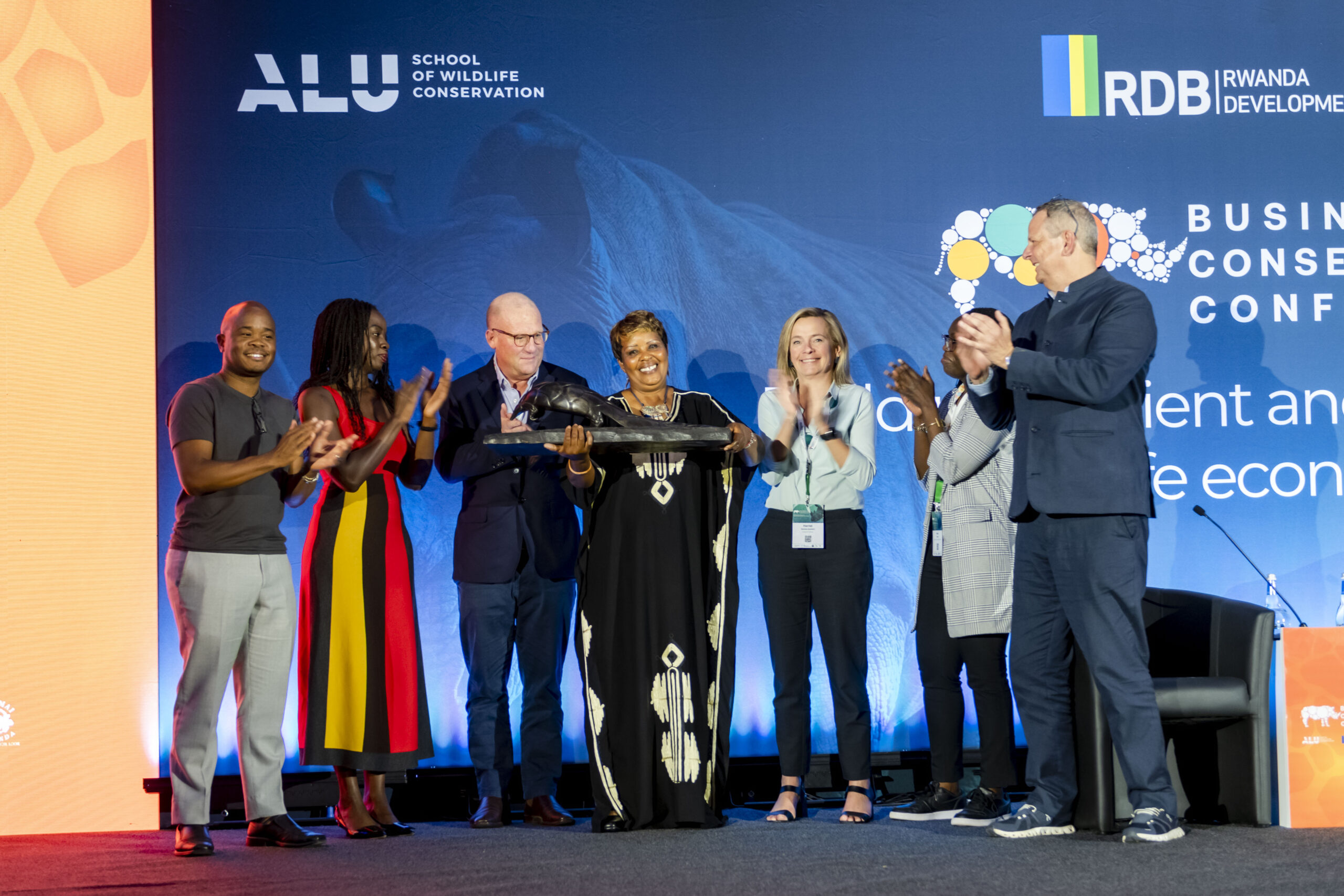
Trending Now
Hot Topics
Related Articles
Leaders Call for Stronger Monitoring to Turn Ecosystem Restoration Commitments into Results
Nairobi, Kenya — 27 January 2026 Country and regional leaders, alongside technical...
Worm Tea: A Natural Path to Farming Without Harmful Chemicals
For much of his early farming life, Isaac Mubashankwaya believed chemical fertilizers...
Enroll Now Before 31 December 2025: International German Language Exams Launch in Rwanda
Rwanda will host the European Consortium for the Certificate of Attainment in...
Rwanda Validates Environment and Climate Change Mainstreaming Strategy 2024–2029
This Tuesday, 23 December 2025, the Rwanda Environment Management Authority (REMA), in...


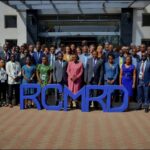
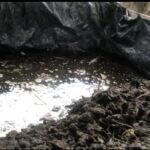

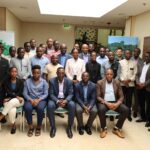


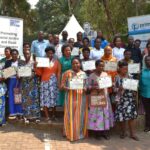
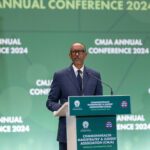
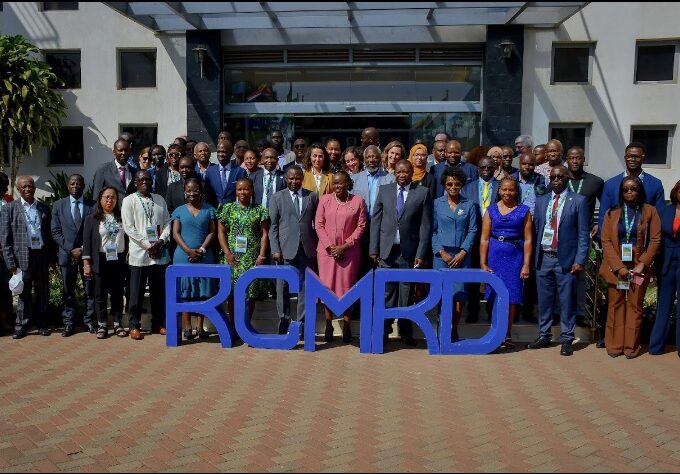
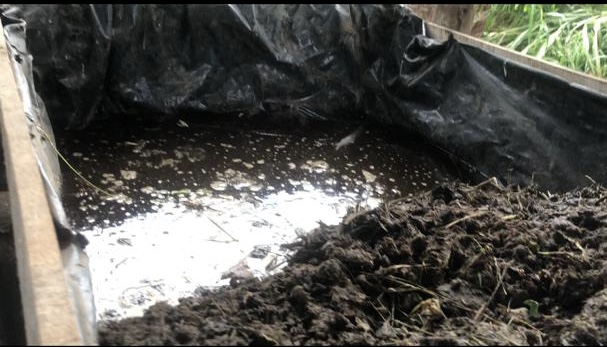
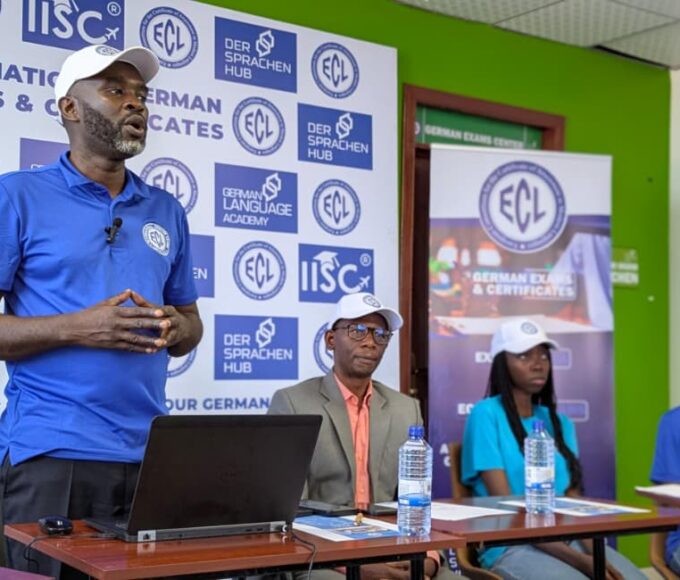
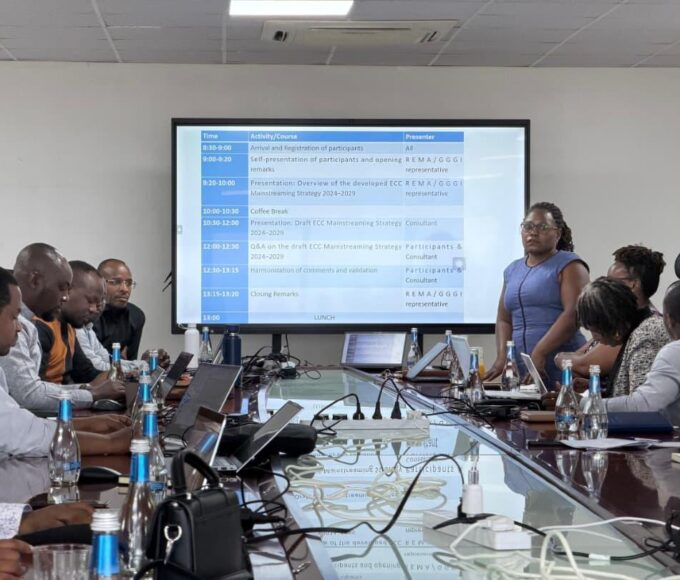
Leave a comment